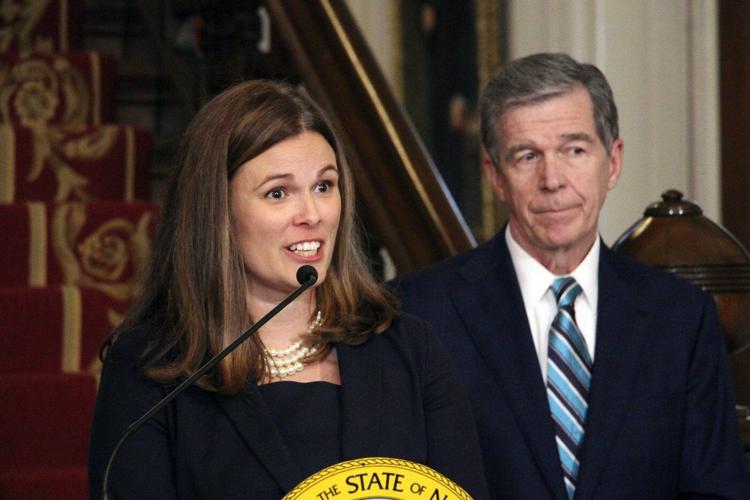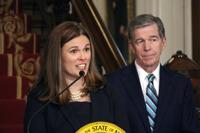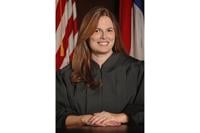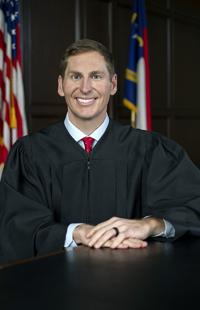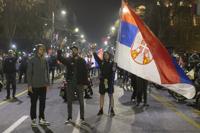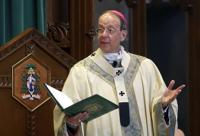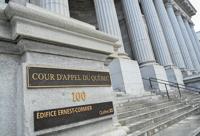RALEIGH, N.C. (AP) — North Carolina's Supreme Court temporarily halted enforcement on Monday of an appeals court decision that favored a Republican candidate in a close and unresolved November election for a seat on the state's highest court.
In a pair of one-sentence statements without objections, the Supreme Court issued a temporary stay of Friday's order by a Court of Appeals panel that in part directed election workers to identify and contact potentially tens of thousands of voters whose ballots were challenged by Republican candidate Jefferson Griffin.
The stay, which was sought in part by Justice Allison Riggs — the Democratic incumbent in the race — is in place while the Supreme Court determines whether it wants to formally review the Court of Appeals decision and or decide if it was correct.
Two of three judges on the panel declared that the in December protests filed by Griffin challenging over 65,000 ballots counted in the race. Riggs leads Griffin after two recounts of the over 5.5 million ballots cast in the election.
Friday's decision, if ultimately upheld, could flip to Griffin the outcome of the election — the nation’s only 2024 race that is still undecided.
Griffin is currently a Court of Appeals judge but recused himself from any deliberations in his election case. Riggs also has recused herself from deliberations in the case at the Supreme Court, including on Monday's orders.
In the prevailing opinion backed by the two Republican judges on the panel, the Court of Appeals found that ballots within three categories contained in Griffin’s protests were wrongly allowed in the tally. But the judges said election officials must give voters who cast ballots in the race that fall within two of the categories a three-week period to provide additional information. Their ballots would count if the information is provided in time and verified.
Without Monday's temporary stay, election workers would have had to start the vote “curing” process on Tuesday.
Lawyers for the state elections board and Riggs opposed Friday's ruling, saying the votes were lawfully cast based on the rules in place for the November election and should remain in the tally.
Riggs attorney Ray Bennett wrote in a motion seeking the stay that it's "impossible to predict the full scope of confusion” of carrying out an unprecedented process of locating voters before the Supreme Court rules on the case, especially since it ”will be inadequate to prevent the disenfranchisement of thousands of North Carolina voters."
Five of the six remaining justices on the Supreme Court are registered Republicans. Lawyers for Riggs and the board have signaled they will take the matter to federal court if necessary.
One category of ballots that would be subject to the curing process involves those cast by individuals whose voter registration records lacked a driver’s license number or last four digits of a Social Security number. The other category covers military or overseas voters who did not provide copies of photo identification or ID exception forms.
However, the prevailing Court of Appeals opinion said people within the third category — potentially hundreds of overseas voters who have never lived in the U.S. — were ineligible based on state residency laws to cast ballots and their choices could not count.
Griffin did not oppose the temporary stay issued Monday but is against efforts to halt enforcement of the Court of Appeals decision while the Supreme Court reviews the case and the appeal is resolved, according to motions filed by Riggs and the board.
Griffin's protests “have been vindicated and the people of our state deserve to see this important election finalized with every legal vote counted,” state Republican Party Chairman Jason Simmons said in a press release before Monday’s stay was issued.

